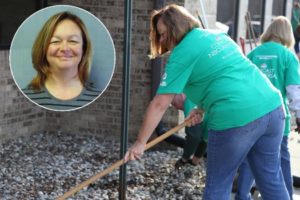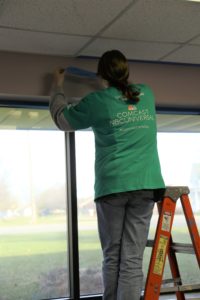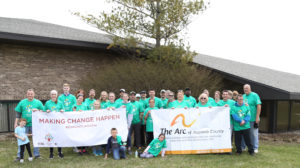Have you registered for this year’s Summer Leadership Institute et? Don’t miss out on the lower registration rate! The event has tons of sessions on hot topics facing your organization.
Guardianship practices are evolving. Where do you stand on the latest trends?
The criminal justice system is not prepared to meet the needs of people with I/DD as victims, suspects, or defendants. What more can we be doing to create positive change?
Weigh in on these topics and more at the 2018 Summer Leadership Institute. Hear best practices, dig into the issues most important to your organization’s efficiency and efficacy, and leave with ideas, solutions, and a network of personal and professional support.
How to Have Good Guardians: The National Guardianship Association Standards of Practice
This session will share information on the NGA standards of practice and how they support good guardians for inpiduals with intellectual and developmental disabilities. Standards include information for decision making practices, least restrictive alternatives, self-determination, as well as responsibilities of the guardian and conflicts of interest.
Criminal Justice Reform on a Budget: Empowering Chapters to Advocate in Their Communities
Experts from The Arc’s federal policy team and the National Center on Criminal Justice and Disability® (NCCJD®) will train chapters/organizations on how to start criminal justice advocacy in their communities. Topics include: handling criminal justice intakes, approaching law enforcement and legal professionals about disability.
Are You Effectively Serving Clients with Criminal Justice Involvement?
As one of a handful of programs around the country and the only statewide program, The Arc of New Jersey’s program provides case management and education for self-advocates, law enforcement, courts and providers. This workshop is an overview of the Program, Personalized Justice Plans; effective communication and training for law enforcement
Check out our incredible program and join us from July 23-25 in the city of Brotherly Love!
See the full schedule here.
Revolution, Innovation and Leadership:
Practical Tips For Guiding Your Agency
Mingle and engage with staff from across The Arc’s national network of chapters, as well as other disability organizations across the country. United by a shared mission, you will explore the latest trends together and build support systems that will help you tackle the tough issues throughout the year.
WHEN:
July 23-25, 2018
WHERE:
HILTON PHILADELPHIA AT PENN’S LANDING
201 S Christopher Columbus Blvd.
Philadelphia, PA 19106
We hope to see you there! Register today!











